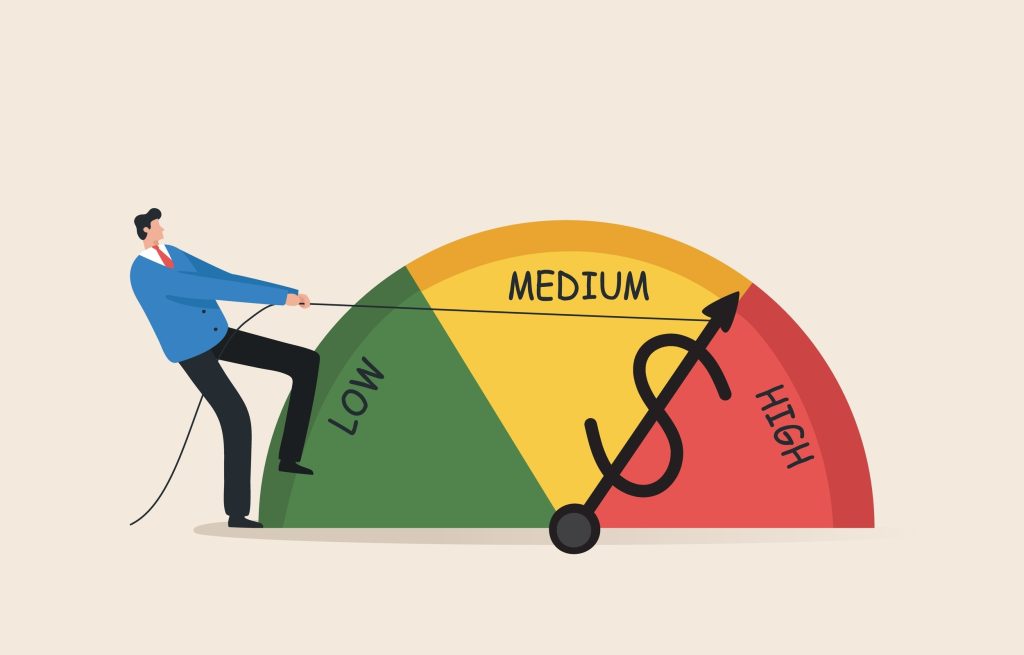Shiva Sachaphimukh from Farnam Tree gives his insight.
Risk is all around us. Many choices we make daily involve considering trade-offs and selecting the best option. All resources are finite, and we attempt to achieve our goals efficiently without wasting them. This is a central concept in investing – even readers that are not familiar with technical concepts are aware of this.
Many people assess the risk of an investment in proportion to how much they may make or lose; they see it as a relationship between risk and reward. Whilst this is true, there are other types of risk that investors are also exposed to, and selecting from. Understanding and appreciating their features will help you make better decisions.
Liquidity Risk: How Long Your Assets Need to Be Kept Away For
The level of liquidity an asset has is important in assessing its suitability as an investment. Liquidity refers to how fast it can be sold and converted to cash. Assets that are not very liquid have higher liquidity risk. For example, real estate takes longer to sell as compared to equities that can be bought and sold on your cellphone.
Returns for certain asset classes, such as venture capital and private equity, can make investors swoon. These assets are generally less liquid, and require holding periods that are longer than traditional investments. Your time horizon plays a big role in assessing the risk that you can take with liquidity.fin
Capital at Risk: How Much You Can Gain or Lose
This is the traditional assessment of risk most are familiar with, and refers to how much you can gain or lose with an investment.
Varying asset classes have different characteristics in this respect. Investments such as government bonds are unlikely to have meaningful capital appreciation. They are also unlikely to lose much in value. This changes as you move up the risk spectrum. The potential upside with assets such as equities is higher, as is the potential for loss.
We like to think about this in terms of ‘range of scenarios’. Assets that have a wider range of return scenarios can lead to higher returns and higher losses. A diversified investment portfolio will take this into consideration when allocating assets.
Economic Risk: How Interest Rates and Inflation Matter
Changes in the economic environment can present varying risks to your investments. For example, all investment assets have some level of sensitivity to interest rates. In most cases, lower interest rates are beneficial for riskier assets, as the payout on safer investments goes down in tandem with rates. The opposite is also true. Risk asset prices generally decline when interest rates go up.
Real estate investors are impacted greatly by changes in interest rates. Higher rates mean higher mortgage and interest payments. This can negatively impact demand and the cashflow investors receive.
Inflation erodes the purchasing power of money over time, and investors need to take heed of this. Being overly conservative in your investments means that your return might not keep up with long-term inflation.
Some Risks Are Difficult to Predict
There are other types of risk that are almost impossible to prepare for. They are unavoidable and can affect entire countries and economies. For example, in the case of a pandemic, the repercussions are global. The duration of these events may stretch on for years, months or even just a few days. It is a fool’s errand to predict this. Thai politics is another great example of unpredictability.
These are just a few of the risks that are commonly seen by investors. There is no possibility of avoiding all of it. Rather than trying to avoid risk, understanding it and the tradeoffs you are willing to make will improve your chances of success.
SHIVA SACHAPHIMUKH is a Director and part of the investment team at Farnam Tree. He is a licensed Investment Consultant with the Thai Securities and Exchange Commission (SEC).
Farnam Tree is a boutique investment and wealth management firm based in Bangkok. The company is a licensed Investment Advisor under the Thai SEC and Ministry of Finance.








